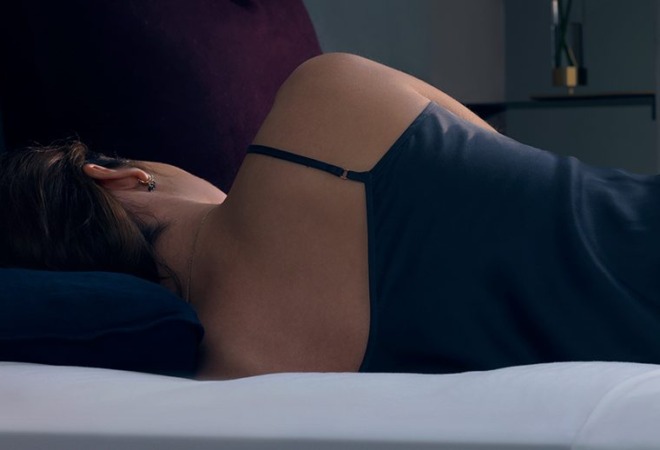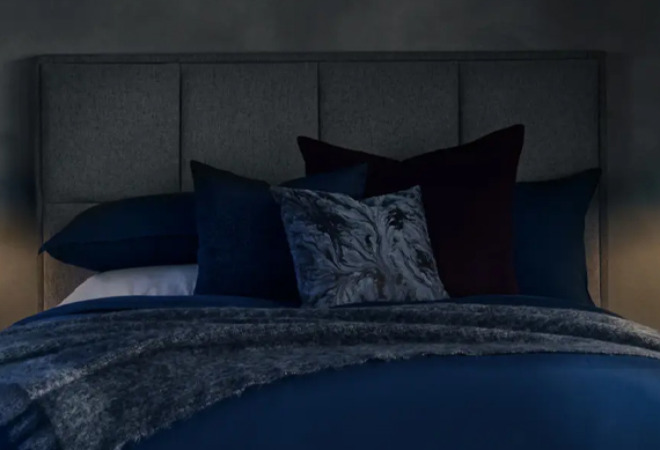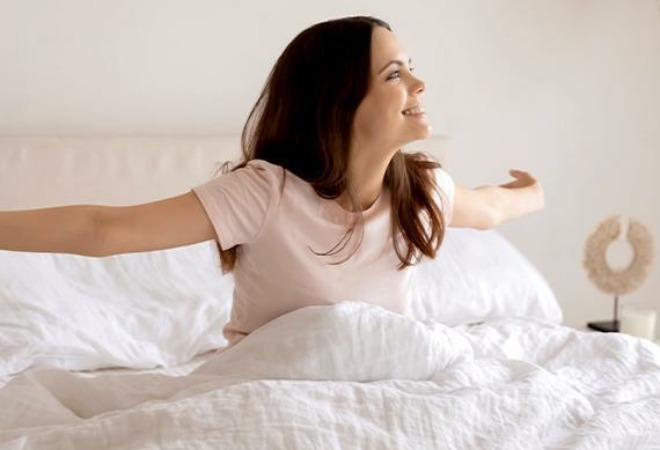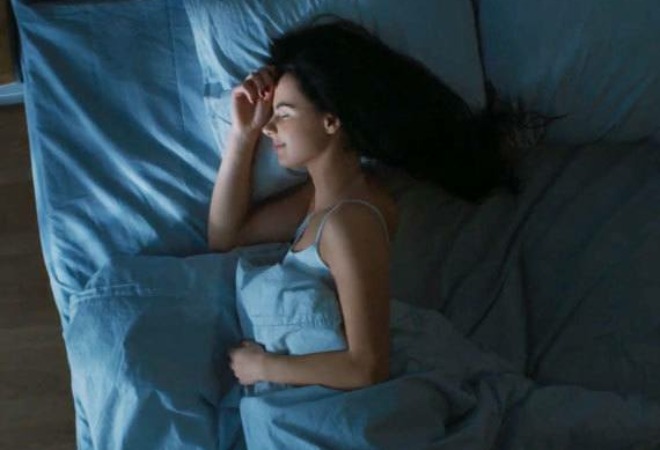Sleep apnea is a condition in which breathing stops and starts during sleep, and it is estimated that up to 30% of adults experience this condition. To learn more, we spoke to Dr Alex Bartle of the ‘Sleep Well Clinic’, to understand his learnings around sleep apnea, what causes it, and the treatments available.
SLEEP APNEA
What is sleep apnea?
To understand more about sleep apnea, it is helpful to understand snoring. Snoring and sleep apnea occur in the same area of the upper airway during sleep as the muscles at the back of the throat relax. The narrowing of this area results in air flowing more rapidly through the back of the throat, which causes the vibration we hear as ‘snoring’.
When this airflow becomes faster, with the increased narrowing of the airway behind the tongue, the vibration and noise increases, until finally the airway is sucked shut. If this obstruction lasts for 10 seconds or more, it is known as an ‘apnea’.
SLEEP APNEA
Who suffers from snoring and sleep apnea?
Snoring itself is common with up to 60% of adults reported as snoring regularly. Sleep apnea is less common, estimates indicate close to 20% of males and 10% of females are affected, over the age of 40 in New Zealand. Interestingly, it is not only adults who suffer from sleep apnea; up to 5% of children between the ages of 2 and 12 experience apnea. To help manage the condition, there are treatment options available, to help provide quality sleep for both adults and children.
SLEEP APNEA
Treatments for sleep apnea
Recommended treatments range from creating a healthy sleep environment, to lifestyle changes and seeking specialist support.
CREATE A HEALTHY SLEEP ENVIRONMENT
Getting a quality night’s sleep is key, so ensuring your sleep environment is geared towards restful sleep will help. We recommend ensuring you have a supportive bed that suits your sleep profile. For example, what position you sleep in, how much space you like around you when sleeping and which areas of your body need extra support. The key is comfort and support for quality, restful sleep. Try our Bed Selector to find the best bed for your sleep needs.
ESTABLISH BED-TIME ROUTINES
Bed-time routines are important to help establish a good night’s sleep, because the state of our mind before we sleep, impacts on the type of sleep we will have. Bringing morning rituals into your life can help improve your day, boost your overall well-being, and even enhance the quality of your sleep at night and a consistent routine tells your brain and body it’s time for sleep, making it easier to drift off when you want to.
LIMIT ALCOHOL CONSUMPTION
It is no surprise that alcohol impacts sleep. Alcohol relaxes muscles, including those around the throat, resulting in snoring and the possibility of sleep apnea. Try to limit your alcohol consumption to restrict the relaxation of muscles.
MINIMISE THE USE OF SLEEPING TABLETS
Much like alcohol, sleeping tablets such as valium or lorazepam (called benzodiazepines) are also muscle relaxants, which may result in snoring and sleep apnea. Instead, try a non-benzodiazepine tablet that results in less muscle relaxation.
NON-SURGICAL TREATMENT
Commonly known as ‘the mask’, CPAP (Continuous Positive Air Pressure) machines are extremely helpful when it comes to easing sleep apnea symptoms. The machines are quiet and most people adapt very quickly.
CREDIT
Dr Alex Bartle
Dr Alex Bartle completed a Master’s degree in Sleep Medicine through Sydney University and established the SLEEP WELL CLINIC in 2000.




